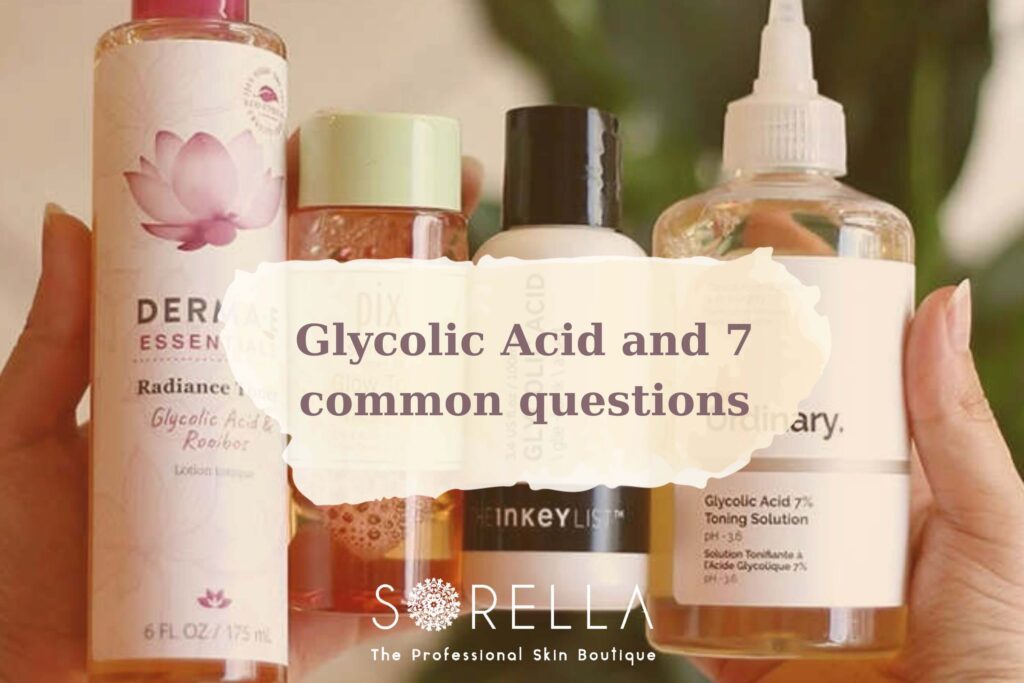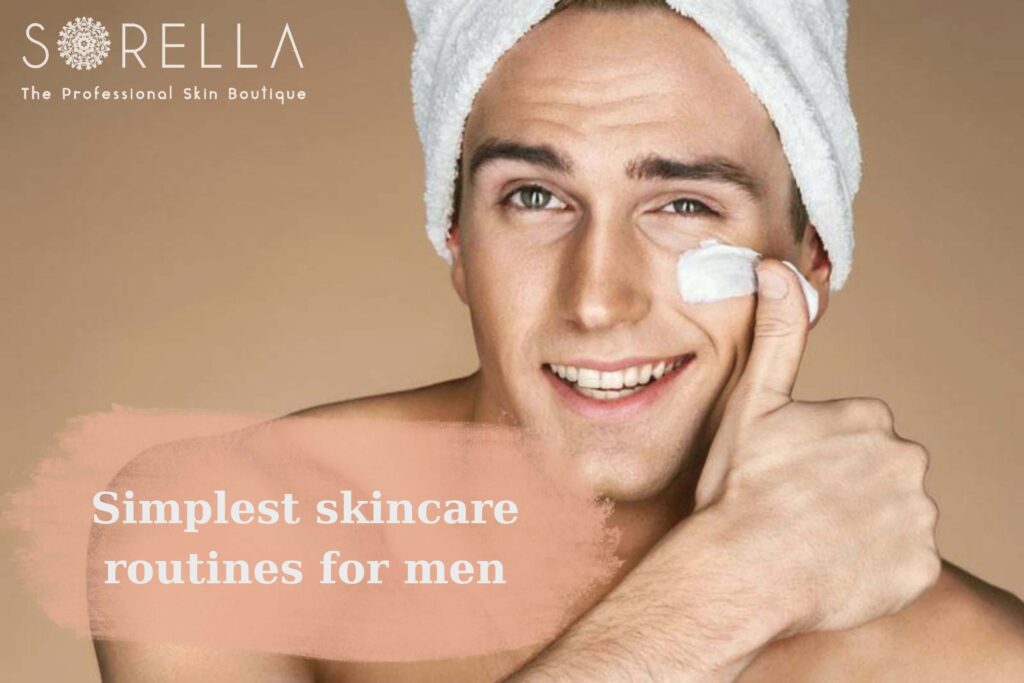Many people see retinol as a panacea for their damaged skin. However, retinol, according to some, is a component that ruins people’s skin, making others afraid to use it. But is it possible for retinol to cause skin damage? Is it something that may improve the way you take care of your skin? Or is there any product that can reduce side effects? To find out the answers, you can read through this article: 9 retinol combo that should and shouldn’t be used.
What is retinol?
What is retinol? Retinol is a derivative of vitamin A, belonging to the retinoid group. Retinol is commonly used in over-the-counter topical form and is present in many different skin care products.
Retinol is safe to use directly on the skin, despite what some people may think. But if you misuse it or use it too much with high frequency, retinol can have some undesirable side effects.
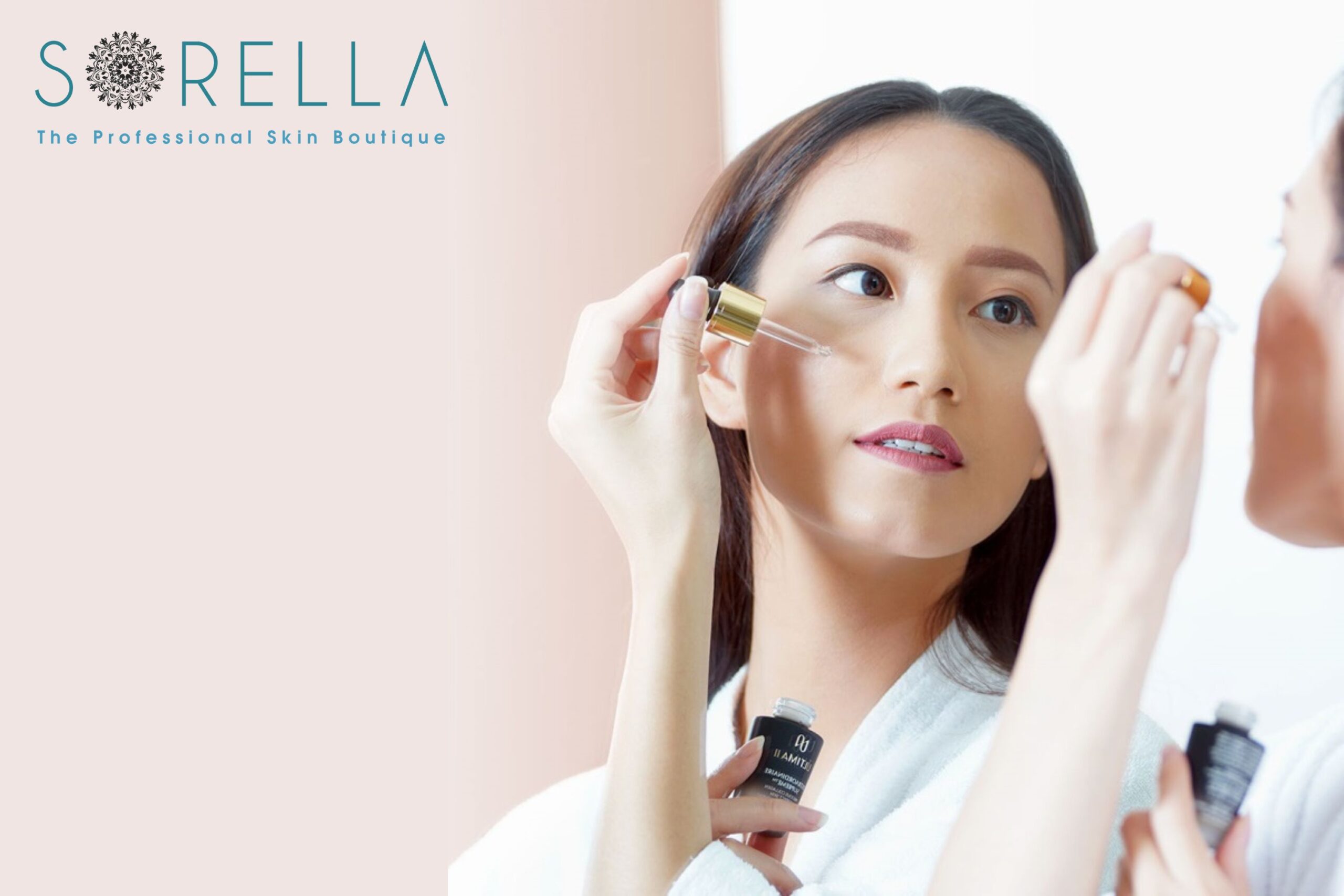
In addition, you may also encounter other stronger derivatives of vitamin A such as tretinoin. Tretinoin is 20 times stronger than retinol, causes more irritation, and requires a doctor’s prescription for use. Therefore, retinol is a safe choice for those who have started to use vitamin A for skin treatment.
The effect of retinol
Unlike other typical skincare for mature complexions, retinol’s tiny molecules bypass the outer layer and dive straight into the dermis, your skin’s middle ground.
It works its magic by neutralizing free radicals and increasing the development of elastin and collagen. This “plumping” effect helps diminish the appearance of fine lines, wrinkles, enlarged pores, uneven skin texture, sun spots, and melasma.
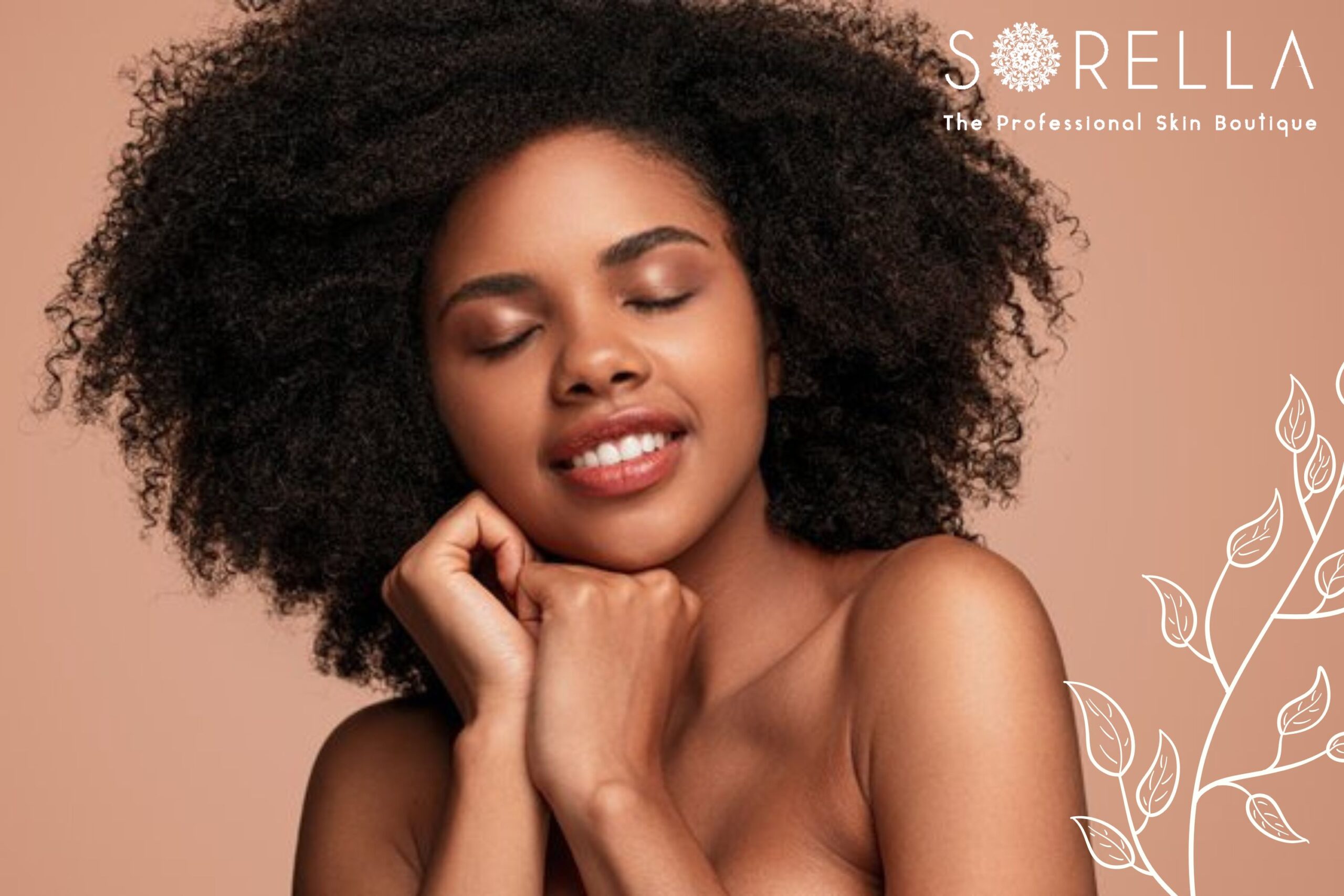
What is even better is, retinol can tackle acne and scarring! While severe cases might require prescription retinoids, retinol can still offer relief. Remember, it works alongside other meds to combat inflammation and bacteria.
As a bonus, retinol gently exfoliates the surface, leaving your skin with improved texture and tone.
How to use retinol?
How to use retinol? When using retinol, you need to follow the process when using it in combination with other skin care products as follows:
Step 1: Clean your skin before using retinol; start with removing makeup or dirt on your face, exfoliate (which should be done 2-3 times per week), then wash your face with cleanser.
Step 2: Apply a layer of toner to balance the skin’s pH and moisturize; remember to use it in moderation.
Step 3: Apply a small pea-sized amount of retinol to the skin, spreading evenly, avoiding the eye and mouth areas. If you apply too much retinol, your skin will get irritated, dry, and itchy.
Step 4: Use other skin care products according to the usual care process: serum -> lotion -> eye cream (if any).
Step 5: Use sunscreen during the day to protect the skin; you wouldn’t want your skincare process to go to waste just because of the UV, right?
9 retinol combo that should and shouldn’t be used
Niacinamide (vitamin B3)
Niacinamide, also known as vitamin B3, is a highly favored ingredient that complements various skincare activities, retinol is no exception. If you aim for anti-aging benefits and acne treatment, combining niacinamide with retinol can be highly effective. What is more, niacinamide supports enhancing skin barrier function, which will ultimately minimize the risk of irritation associated with retinol application.
Vitamin C
Contrary to common belief, the combination of vitamin C and retinol is indeed possible. Numerous skincare products incorporate these two powerful ingredients together. Vitamin C is renowned for its exceptional antioxidant properties, which can enhance retinol’s ability to protect against environmental stressors and UV damage. This combination is particularly beneficial for individuals aiming to address hyperpigmentation and premature aging.

However, it is important to note that this combination may be too drying or sensitizing for certain skin types. If you belong to this category but still desire the benefits of both vitamin C and retinol, it is recommended to use vitamin C in the morning and apply retinol at night. This way, you can enjoy the advantages of both ingredients while minimizing any potential adverse effects.
Hyaluronic Acid
Hyaluronic acid (HA) functions as a humectant, enhancing skin hydration by attracting moisture from the external surroundings and delivering it to the skin. HA, along with other hydrating agents such as glycerin, can be incorporated into the skincare regimen alongside retinol to alleviate dryness, flakiness, redness, and irritation.
Salicylic Acid
Salicylic acid and retinol are effective in combating acne, making them an excellent combination for treating breakouts. Nevertheless, it is generally not recommended to use a salicylic acid serum or cream together with retinol, as this may result in excessive dryness for the majority of skin types. If you want to try this combination, it is advisable to use a wash-off salicylic acid(BHA) cleanser alongside your retinol.
Azelaic Acid
Azelaic acid is a naturally occurring acid that can be found in cereal grains; and can help with skin conditions like rosacea, hyperpigmentation, and acne. Retinol and azelaic acid can be used together, but if you develop any dryness with the pairing, scale back your use.
Peptides and Ceramides
Skin barrier-supporting ingredients like peptides and ceramides can also be safely used with retinol in the same routine. Because these ingredients help with the skin’s moisture content, they can help you better tolerate the drying, irritating side effects of retinol.
Sunscreen
Sunscreen is crucial in every individual’s skincare regimen, particularly for those who incorporate retinol. Consistently applying sunscreen can enhance the effectiveness of retinol, and can also protect the skin from issues like sun damage and hyperpigmentation. Neglecting sun protection can undo the positive effects of using retinol on the skin, which makes it no different from before using it, and can damage the skin even more.
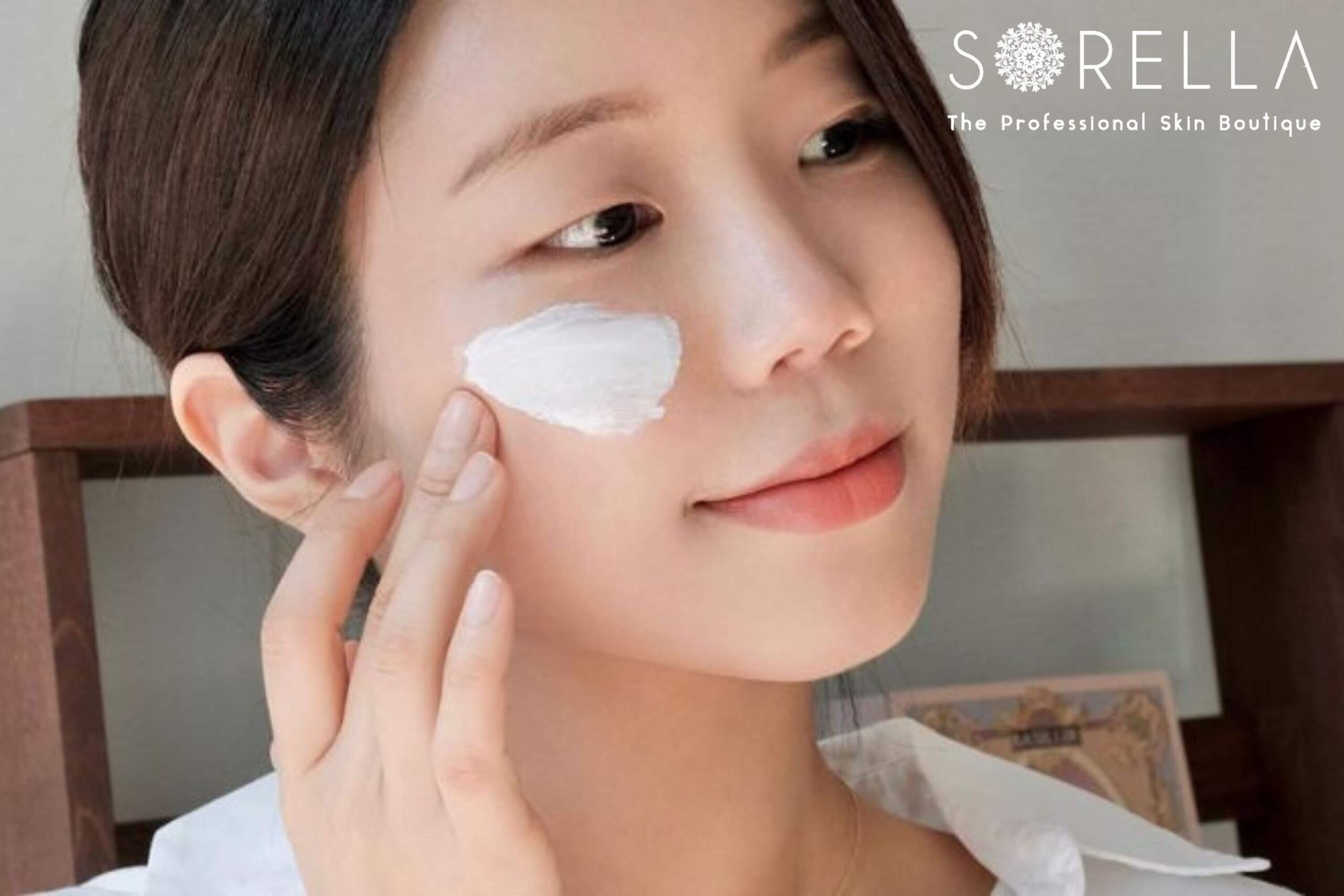
Alpha-hydroxy acids (AHAs)
AHAs such as glycolic and lactic acid are great for improving uneven skin texture and tone, but it’s important to note to not combine them with retinol. Using both together can weaken the skin barrier, which leads to dryness, irritation, or a rash. To achieve desirable results, limit AHAs to once or twice a week and avoid using retinol on the same days as these exfoliants.
Benzoyl Peroxide
Benzoyl peroxide stands out as a highly efficient ingredient for combating acne in the market. However, incorporating benzoyl peroxide and retinol (including prescription-strength tretinoin) in the same skincare routine proves to be counterproductive since these two ingredients cancel each other out, thereby reducing their effectiveness. To optimize the benefits of your skincare regimen, it is advisable to apply benzoyl peroxide in the morning and reserve retinol for your nighttime routine.
Tư vấn chuyên môn bài viết:
TS.BÁC SĨ NGUYỄN HỮU QUANG
The Finest Nail Trends 2023? Find out what to anticipate this year in the world of nail art!
A Step-by-Step Guide to Eyelash Extensions 2023
6 Simple Ways to Remove Nail Polish
Eyebrow sculpting and eyebrow spray: What should you choose in 2023?
Should you use stem cells or collagen for the Lip Spray Process? 4 things that you should know
The Real Difference Between Hot and Cold Waxing for Hair Removal 2023
- Details of ULTRA LIFT facial care service of Sorella Beauty & Spa
- Detailed description of HIFU Therapy Service at Sorella Beauty & Spa
- Details of PREMIUM RECOVERY SKIN facial care service of Sorella Beauty & Spa
- Details of PROFESSIONAL PERSONAL PEELING PROGRAM facial care service of Sorella Beauty & Spa
- DETOXIFYING SERVICE DESCRIPTION AT SORELLA BEAUTY & SPA


 Tiếng Việt
Tiếng Việt 中文 (中国)
中文 (中国) 한국어
한국어


